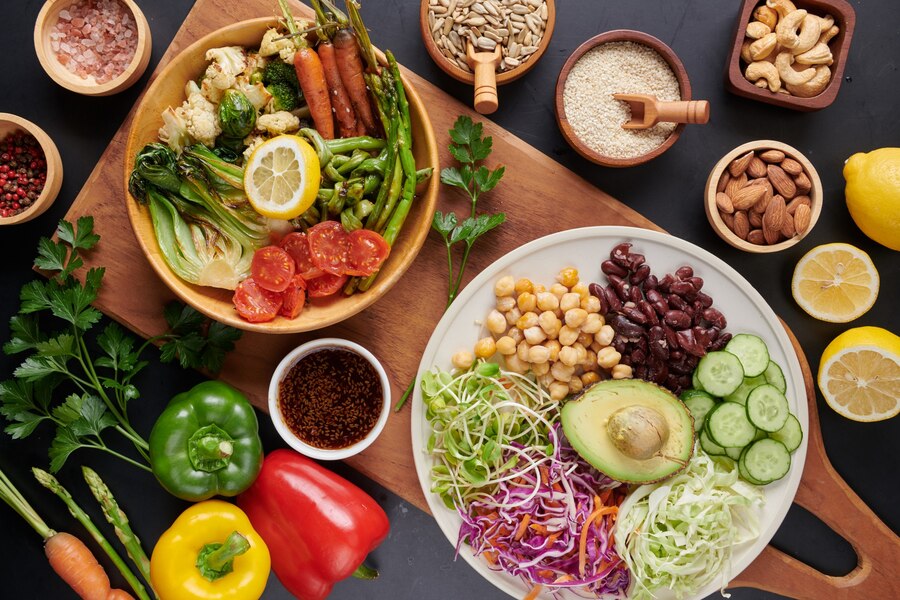In the pursuit of shedding those extra pounds, conventional wisdom often dictates a path of deprivation and restriction. However, what if I told you that consuming more could actually accelerate your weight loss journey? Yes, you read that right. Contrary to popular belief, eating more can be the key to losing weight effectively and sustainably.
When it comes to losing weight, the notion of consuming more might seem counterintuitive. But let’s delve into the science behind this strategy. By strategically increasing your food intake with the right types of nutrients, you can ignite your metabolism, enhance fat-burning mechanisms, and achieve your weight loss goals with greater ease.
Contents
Fuel Your Metabolism
One of the fundamental principles of losing weight effectively is to keep your metabolism revved up. When you consistently under-eat, your body enters a state of conservation, slowing down its metabolic rate to conserve energy. However, by providing your body with an adequate amount of fuel through regular meals and snacks, you can keep your metabolism firing on all cylinders. Opt for nutrient-dense foods such as lean proteins, whole grains, fruits, and vegetables to support your metabolic health.
Balancing Macronutrients
A balanced diet is crucial for sustainable weight loss. Instead of fixating solely on calorie counting, focus on balancing your macronutrients – proteins, carbohydrates, and fats. Proteins are essential for muscle repair and growth, while carbohydrates provide the energy needed for workouts. Incorporating healthy fats such as avocados, nuts, and olive oil can keep you feeling satiated and prevent overeating. Strive for a balanced plate at each meal, incorporating a variety of food groups to nourish your body and support your weight loss efforts.
Boosting Energy Levels
Feeling sluggish and fatigued can sabotage your weight loss efforts. By increasing your food intake, you can ensure that your body receives an ample supply of energy to power through workouts and daily activities. Incorporate pre- and post-workout snacks to fuel your exercise sessions and aid in muscle recovery. Opt for complex carbohydrates paired with a source of protein for sustained energy release and muscle repair.
Mindful Eating Practices
In the quest to lose weight, it’s essential to cultivate mindful eating habits. Mindful eating involves paying attention to hunger cues, savouring each bite, and eating with intention. By practicing mindful eating, you can prevent mindless overeating and develop a healthier relationship with food. Take the time to savor your meals, chew slowly, and listen to your body’s signals of hunger and fullness.
The Importance of Hydration
Hydration plays a critical role in weight loss and overall health. Often overlooked, staying adequately hydrated can support your body’s metabolic processes, aid in digestion, and prevent unnecessary snacking. Aim to drink plenty of water throughout the day, especially before meals, to promote a feeling of fullness and reduce the likelihood of overeating.
Exercise for Weight Loss
While nutrition is paramount for weight loss, incorporating regular exercise is equally important. Physical activity not only burns calories but also helps build lean muscle mass, which can boost your metabolism and enhance fat-burning capabilities. Aim for a combination of cardiovascular exercise and strength training to maximize weight loss results and improve overall fitness levels.
In conclusion, the notion of eating more to lose weight may seem unconventional, but it’s rooted in sound nutritional principles and backed by scientific evidence. By strategically increasing your food intake with nutrient-dense foods and incorporating regular exercise into your routine, you can achieve your weight loss goals effectively and sustainably. Embrace this holistic approach to weight loss, and watch as the pounds melt away while you nourish your body from the inside out.

